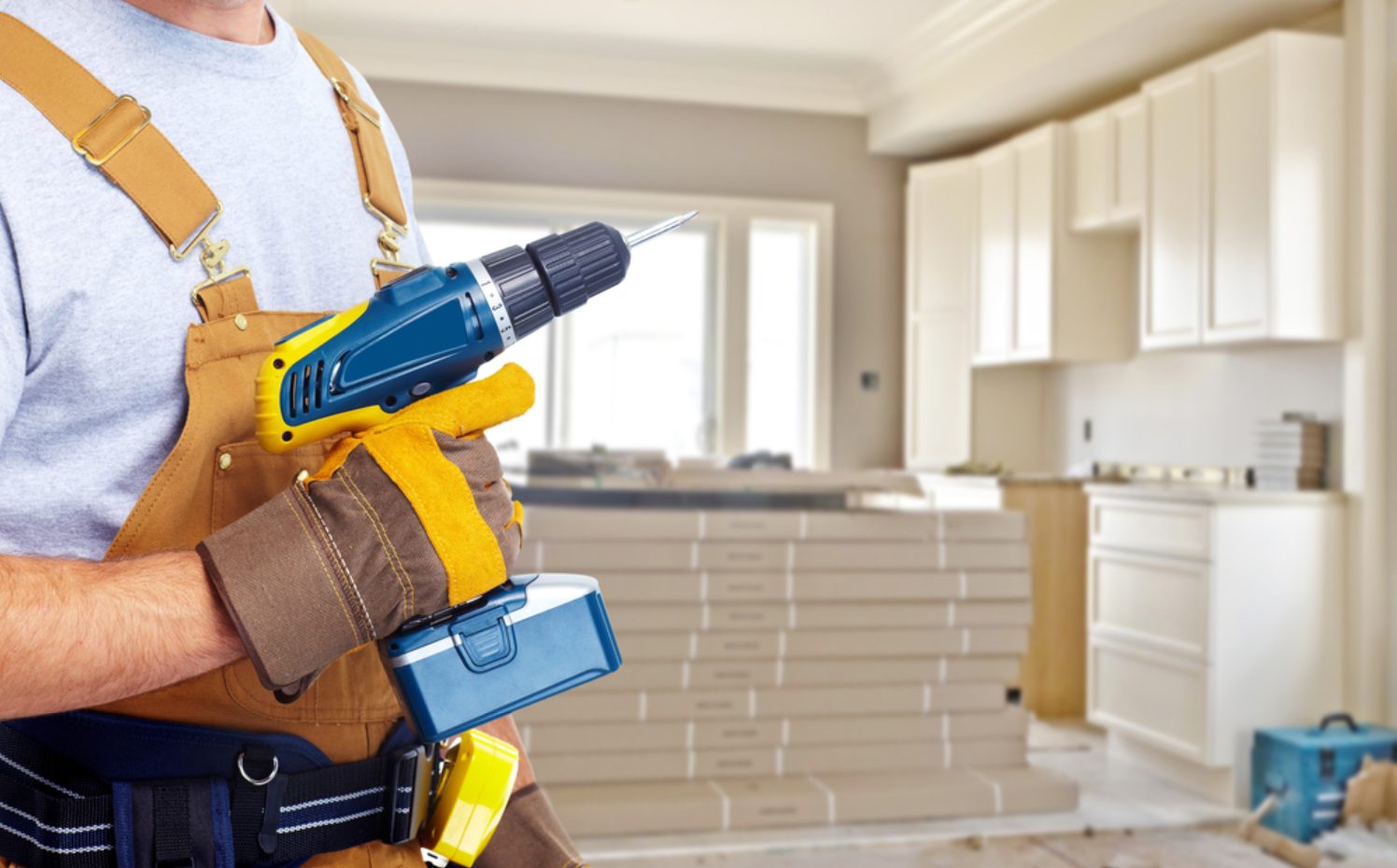There are distinct differences in houses and apartments when it comes to renovations. A free-standing house has fewer renovation restrictions than an apartment that shares public spaces with other tenants and owners. While you own an apartment the same as you would own a house, you need to consider your neighbours due to their proximity. Because of this, an apartment building renovation is typically more complicated and requires efficient planning.
Using an experienced builder like Glenco can mitigate this complexity and guide you through your renovation. In this article, we provide steps to follow to ensure your apartment building renovation is as smooth as possible.
8 Steps to consider when renovating your apartment
Below we list the steps to consider when planning your apartment renovation:
1. Refer to strata by-laws
Before you commence your apartment building renovation, refer to the strata by-laws to help you understand what you can and can’t do to your apartment.
What are strata by-laws?
Strata by-laws outline the rules of what everyone in an apartment complex can or cannot do in their renovation. The by-laws exist to allow every apartment owner or renter to maintain their privacy and not interfere with their lives within their apartment by other people executing works in the complex.
Additionally, strata by-laws enforce the rules of renovations to ensure that apartments maintain the uniform appearance of the complex, if there is one. People often can’t do any renovations that detract or significantly alter the appearance when renovating an apartment.
Which strat by-law is relevant to me?
Strata by-laws vary from one state to another, and they’re frequently updated. They’re designed to clarify and simplify renovating and provide a one-point reference for those undertaking apartment renovations under a strata title. For example, the government recently updated NSW strata laws to streamline the renovation process. It now includes a three-tier approach, allowing apartment or townhouse owners to do many cosmetic changes without going through a complicated approval process.
Each state and territory reviews their strata laws periodically and makes changes based on new information and problems encountered in apartment complexes. Different apartment complexes will have their own regulations, so it’s important to understand the strata by-laws for the apartment you wish to renovate.
2. Collect ideas and decide what you want to achieve
Once you understand what you can do from the strata by-laws, you may want to start collecting ideas and decide how to renovate your apartment. Start by considering each room and what features you would like in each, or how you can alter it to suit your desires. Also, identify how you want to use these spaces and how they relate to the rest of your apartment. For example, if you’re going to entertain in your living room, research how to enhance the space for socialising.
With a rough plan for each room in mind, you can begin researching materials, appliances and fittings within your budget to help you achieve the objective. Renovators typically create a mood board of their favourite materials and colours, gathering inspiration and design ideas from social media or search engines. You might want to discuss your plans with family and friends who have renovated before to help you learn from their experience and adjust your plans accordingly.
3. Choose an experienced builder or contractor
Construction works must be executed by a licensed builder, and they should have valid insurances and public liability. You can talk your plans through with contractors when deciding on who to use, and they can explain how it will be executed and offer tips and suggestions that you might not have considered. Using a trusted and experienced builder can save you time and money in the long run.
Experienced builders can ensure they do everything right the first time, saving you money on materials and equipment. They are typically inclined to use quality materials that they know will last, expanding the life of your renovation. Glenco has helped countless Sydney apartment owners and renters to get their dream spaces by renovating their apartments.
4. Consider the logistics
Apartment buildings are typically more confined and have access restrictions that you need to consider when renovating. Identify the noise policy within your complex and which hours you can work within. There may also be parking restrictions for contractors and delivery vehicles or restraints where you can place a skip bin to dispose of the wastage. It can be beneficial to address these practical questions while planning your apartment building renovation.
5. Work with the Owners Corporation
The Owners Corporation is in charge of approving your renovation plans and construction works. They manage your apartment building and represent all owners, which includes you and the other apartment owners. You’ll need to work closely with a representative or committee of the Owners Corporation, as well as other owners in your complex, to have your renovation approved. The strata by-laws of your state or territory will explain the process you need to go through for approval. Typically, kitchen and bathroom renovations and significant changes to walls, floors, ceiling or pipework and ventilation ducts require permission.
6. Consider the type of works
In most parts of the country, apartment renovations are split into three categories; cosmetic, minor and major works. These classes classify the permissions required to perform each renovation:
Cosmetic works
Cosmetic works include all works that change the apartment’s appearance at the surface without changing its structure. These improvements include surface upgrades like painting, hanging hooks, removing fitted furniture, repairing walls and stripping wallpaper, among others. Cosmetic works don’t generally require permission from the Owners Corporation.
Minor works
Minor works involve installing fittings and other features without performing structural changes. Minor works can involve removing and installing flooring, replacing wood, reconfiguring walls, changing light fittings, and installing air conditions. These works generally require approval, but the process is relatively straightforward and is likely to be approved.
Major works
Major works are categorised as works with more significant impacts than minor ones, including major structural changes. It can involve installing new walls, upgrading walls, and anything that alters the structure of the building. Strata by-laws around major works can be more restrictive, as the entire apartment building can be affected by structural changes. Major works require permission from the Owners Corporation, and you may have to provide essential information about the planned changes.
7. Know the limits of an apartment renovation
An apartment building renovation is unique because it can limit the type of structural changes you can execute, given that your apartment is a part of an entire structure. Removing walls and changing floorplans is likely to present challenges and won’t be possible to do safely, as many internal walls are likely load-bearing.
There may be other limits to your renovation, like time and budget. If your renovation requires installing new plumbing or electrical services, contractors may need to collect drawings and survey the floors to determine locations of important assets. These works may take a large part of your budget and restrain you from other aspects of your renovation.
8. Keep the community in mind
Due to the high-density nature of apartment buildings, it’s a great idea to keep the community in mind while planning and throughout the works. Contractors should only work in the designed working hours to control noise levels while most people are home. Placing extra effort into communicating with your neighbours about your works can limit their impact on the community. It’s also a great way to help neighbours understand where the noise is coming from and be more comfortable with the works.
It’s common for people renovating their apartment to drop letters in each of the building apartments that disclose the schedules and times works will be happening. You can also pin a notice to an apartment pin-up board with a contact number so people can raise any concerns they have to you. If contractors need to park in shared parking, ensure they use visitors’ spots and avoid blocking residents’ access.
Get Started with Apartment Renovation
An apartment building renovation takes more effort and planning than house renovations because of its high-density environment and role in the building’s structural integrity. Following the steps in this article can help you get the most out of your renovation and may help you create your ideal space. Strata by-laws are an excellent place to start because you’ll learn what some of your limits are before you begin planning.
Choosing an experienced and knowledgeable contractor is another significant component as they can help you understand a lot of the requirements. Glenco are experts in apartment renovation in NSW and can help you maximise the effect of your renovation.







